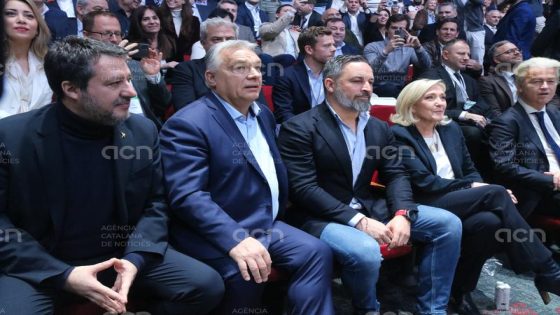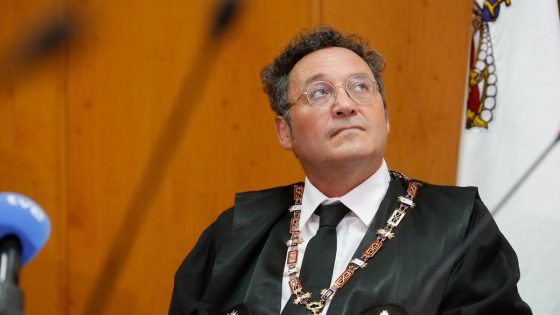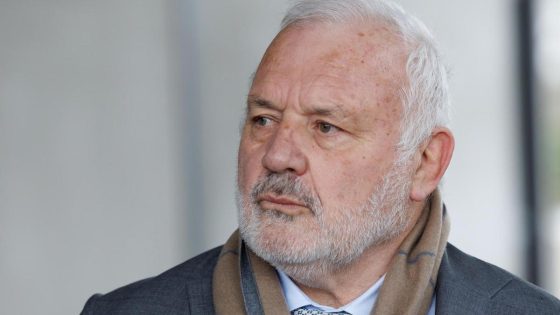On February 8, 2025, prominent far-right leaders gathered in Madrid, calling for a united Europe. The event featured figures like Marine Le Pen, Viktor Orban, Matteo Salvini, and Santiago Abascal, who aim to revive nationalist sentiments across the continent. What does this mean for Europe’s future?
- Far-right leaders unite in Madrid.
- Madrid becomes the capital of the far-right.
- Coordination among far-right groups continues.
- Coverage of news from Catalunya Ràdio.
- Abascal showcases ultra alliance during debate.
Far-Right Leaders Unite in Madrid to Promote Nationalism and Anti-Immigration Policies
What happens when influential political figures join forces? In Madrid, far-right leaders are pushing for a return to traditional values and national sovereignty. This coalition is not just a European phenomenon but resonates with similar movements in the U.S. The implications of this gathering could alter the political landscape significantly.
Implications of the Far-Right Coalition for Europe and Beyond
The Madrid gathering symbolizes a growing trend of nationalism across Europe. Leaders like Le Pen and Salvini are advocating for stricter immigration controls and a return to traditional values. This movement raises several key points:
- Increased support for anti-immigration policies.
- Potential challenges to the European Union’s unity.
- Resurgence of nationalist sentiments across member states.
- Influence on U.S. political dynamics regarding immigration and sovereignty.
The Role of Nationalism in European Politics
Nationalism is making a comeback in Europe, as seen in the recent Madrid event. Leaders are leveraging public discontent with immigration and economic challenges to bolster their support. This trend raises questions: Will nationalism lead to a fragmented Europe, or can it coexist with EU ideals?
Comparisons with U.S. Political Movements
The far-right coalition in Madrid mirrors political movements in the U.S., where nationalism has gained significant traction. Both regions are witnessing a shift towards populist leaders who promise to prioritize national interests. How will this influence global politics and diplomatic relations?
Future Prospects for European Unity
The alliance of far-right leaders poses a threat to the European Union’s cohesion. As these politicians gain influence, the future of European unity hangs in the balance. Will the EU adapt to these changes, or will it face a period of instability?
In conclusion, the gathering of far-right leaders in Madrid marks a pivotal moment for Europe. As nationalism rises, the implications for both Europe and the U.S. could reshape political landscapes for years to come. Stay informed about these developments as they unfold.

































